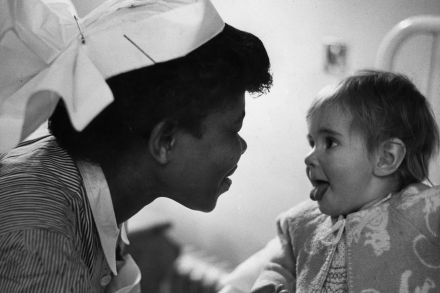How to cure bad breath (and continue eating smelly foods)
Have you ever tried that good old test for halitosis – licking your wrist, letting it dry, then having a good whiff – and been shocked at the result? The bad news is that mints don’t work, but here are a few tips that might succeed in making your breath smell sweeter. Brush your tongue As well as brushing your teeth, you need to brush your tongue, if an American study is anything to go by. Levels of smelly sulphur compounds caused by food bacteria dropped by 53% in people who brushed both teeth and tongue for a minute twice a day for a fortnight. Scrape your tongue Even better,
















